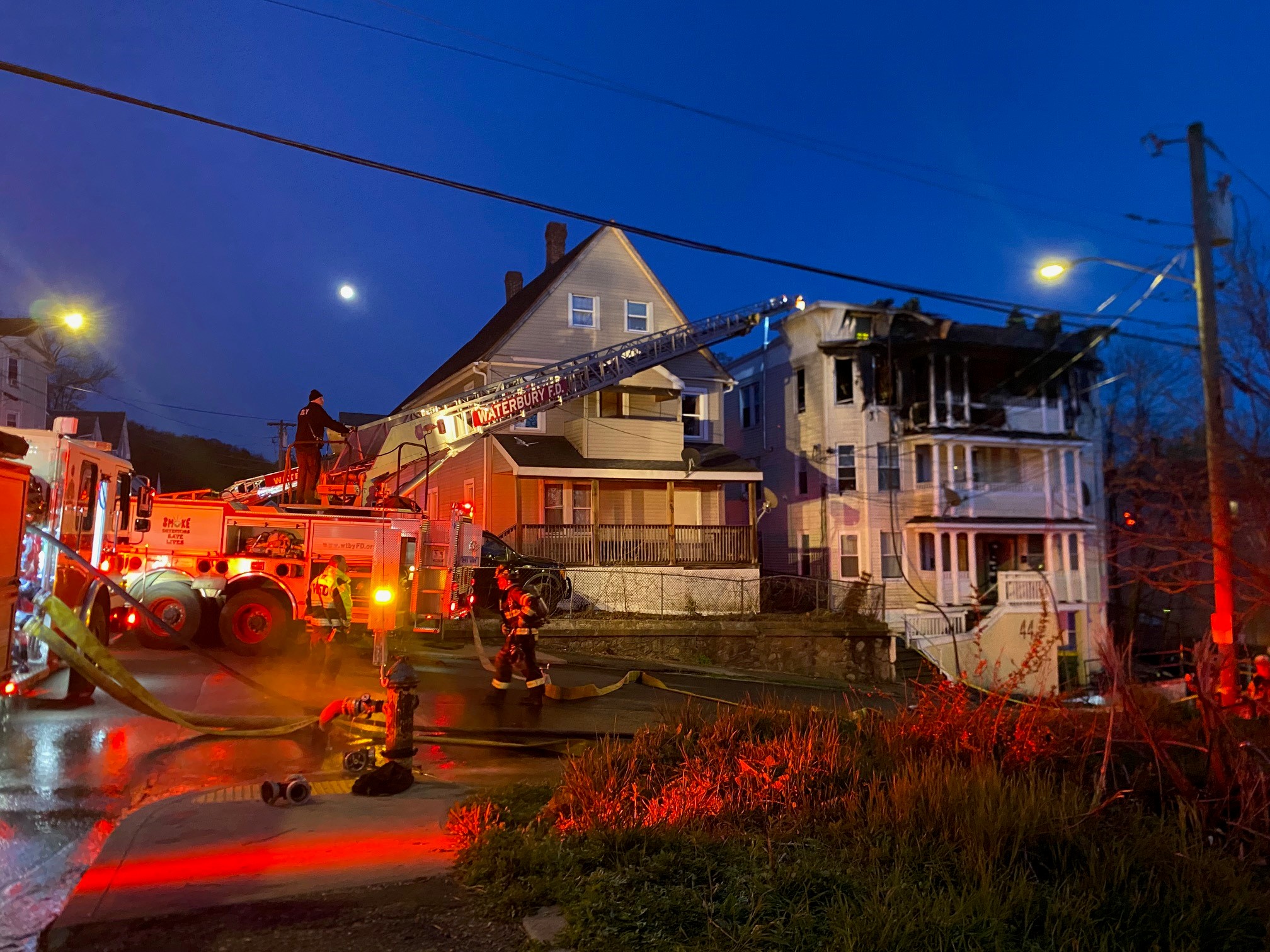Seventh, ninth and eleventh grade students in the Southington district took the survey Tuesday which asks questions about sexual activity, drugs and gender association.
"They asked him a lot of uncomfortable and unusual questions like had he sniffed cocaine in the last 30 days. Had he engaged in unprotected sex in the last 30 days," said parent, Mike Lehone, who told NBC Connecticut his 12-year-old took the survey.
Another question on the survey included: "How would you describe yourself: Male, female, female transitioning to male or male transitioning to female?"
The conversation sparked interest on Facebook, with some parents saying surveying seventh graders is too young, calling it "inappropriate."
The survey is administered by Southington's Townwide Effort to Promote Success (STEPS). The survey comes from The Search Institute and is referred to as the "Attitudes and Behaviors" survey, given to the students every other year.
Superintendent, Timothy Connellan, told NBC Connecticut parents were notified with a letter early January. The letter included details on an information night to discuss the survey content. STEP officials said only one parent showed up at the meeting, and two parents inquired with questions by phone.
The letter alerted parents that they could choose to not have their child participate in the survey. Of all students scheduled to take it, only two middle schoolers' parents opted out.
Local
Lehone said he received notification about the survey, but said it did not specify that there would be questions about sexual activity and drug use. NBC Connecticut obtained a copy of the letter, which did not specify those questions.
STEPS project director, Susan Saucier said the survey is confidential and allows the organization and district to track risky behavior to determine strategies to combat it.
"When you're surveying 7th, 9th and 11th you can see where that number goes up. Does it go up between 7th and 9th (grade)? Does it go up between 9th and 11th (grade)? Or does it stay the same? And that's one way we can kind of take a look of where we can make some interventions," said Saucier.
The survey was first administered several years ago after the district lost 5 students to suicide in 4 years. Saucier said realizing the number of issues students face these days, the hope is that surveys like this will help identify the problems and help to create solutions.



